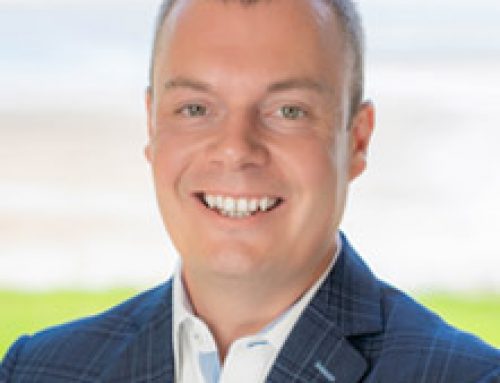People over age 90 are now the fastest growing segment of the U.S. population. By mid-century, this population is expected to quadruple. Many researchers currently are studying what the commonalities are for longevity and whether we can replicate them either in lifestyle choices or perhaps even pharmaceutically.
A “60 Minutes” episode last year revealed some interesting findings about people over age 90, based on data originally gathered on this group back in 1981. Some marked commonalities among this group included:
- Exercise every day is correlated with a longer life. As little as 15 minutes a day is effective, but 45 minutes a day is ideal (even more ideal than two hours a day). Also, it isn’t necessary that the exercise be intense or all at once — it can be spread throughout the day through walking, gardening, housework, etc.
- Taking vitamins has no impact on longevity.
- Clean living is not a factor; people who drink alcohol tend to live longer than those who don’t. And not just red wine — all types of alcoholic beverages, up to two servings a day.
- Coffee drinking — consuming the caffeine equivalent of one to three cups a day is consistent with longevity.
- Engaging in non-physical activities, such as book clubs and bridge, are consistent with a longer life. The more activities, the better.
- Eating — not worrying about food intake is a common theme. In fact, moderate weight gain as you age is OK; being underweight is a negative factor for longevity.
One study from Brigham Young University further contributed to the data, showing that people who are lonely or isolated from social relationships and communities have the same risk of premature death as those who struggle with obesity or those who live in poverty.
[CLICK HERE to view the “60 Minutes” episode segment, “Aging to 90+ years,” on Youtube.com, Aug. 31, 2014.]
[CLICK HERE to read the article, “Loneliness and Isolation Are as Bad for You as Obesity, New Study Says,” from The Huffington Post, March 12, 2015.]
However, there are decisions other than lifestyle choices we can make at earlier ages to help prepare for a longer life. One such decision is what we do for a living. Obviously, the happier and more satisfied we are with our professional lives, the less aggravation and stress we feel. A recent article from World Economic Forum features a list of six questions to ask yourself regarding whether or not you should stay in your current work situation.
If you work for a family-owned business, your longevity can take on a whole new meaning — in terms of your legacy. Research from Harvard Business Review discovered that only 30 percent of family businesses last into the second generation, even though they account for the most employment in most countries. The sustainability of these businesses across multiple generations is largely indicated by whether they invest in both family and non-family talent, whether they engage in succession planning and whether they implemented a firm governance structure such as a board of directors.
[CLICK HERE to read the article, “Are you sure you want to leave your job?” from World Economic Forum, March 20, 2015.]
[CLICK HERE to read the article, “Leadership Lessons from Great Family Businesses,” from Harvard Business Review, April 2015.]
And finally, how much does our wealth and the language we speak impact us by the end of a long, eventful lifetime? There are interesting studies revealing that people with less money rely more on and prioritize their social relationships, while wealth tends to breed independence — often with the unintended consequence that wealthier people can grow more isolated over time. In fact, one study went so far as to conclude that wealth can make us less sensitive to the needs and feelings of others. In other words, “meaner” than those with less means.
As for accumulating wealth, there is a fascinating study underway that correlates why many northern European countries lead the world in personal savings rates. Hint: It has to do with the language the people speak and the way it impacts their culture and mindset for saving money.
[CLICK HERE to read the article, “Does money make you mean?” from BBC News Magazine, March 16, 2015.]
[CLICK HERE to view the video, “The Influence of Language on Saving,” on Squared Away Blog from the Center for Retirement Research at Boston College, March 19, 2015.]
Obviously, there are dozens of ways to prepare for longevity. We can help you tackle some of those as they relate to your financial life. Please give us a call.
Our firm is not permitted to offer, and no statement contained herein, shall constitute tax, legal or investment advice. Be sure to speak with qualified professionals before making any decisions about your personal situation. Our firm is not affiliated with the U.S. government or any governmental agency. This content is provided for informational purposes only. It is provided by third parties and has been obtained from sources believed to be reliable, but accuracy and completeness cannot be guaranteed. The information is not intended to be used as the sole basis for financial decisions, nor should it be construed as advice designed to meet the particular needs of an individual’s situation.
If you are unable to access any of the news articles and sources through the links provided in this text, please contact us to request a copy of the desired reference.





